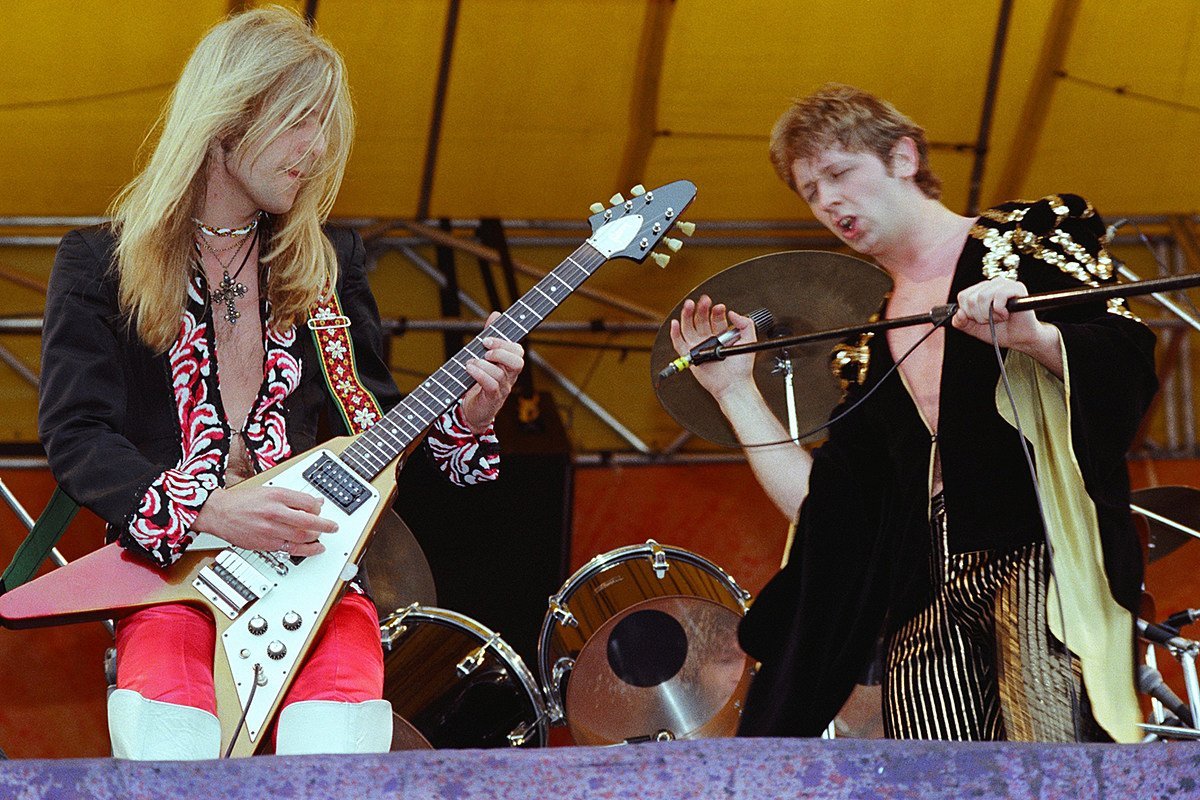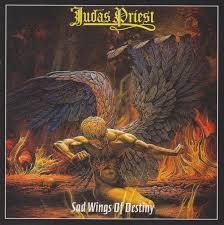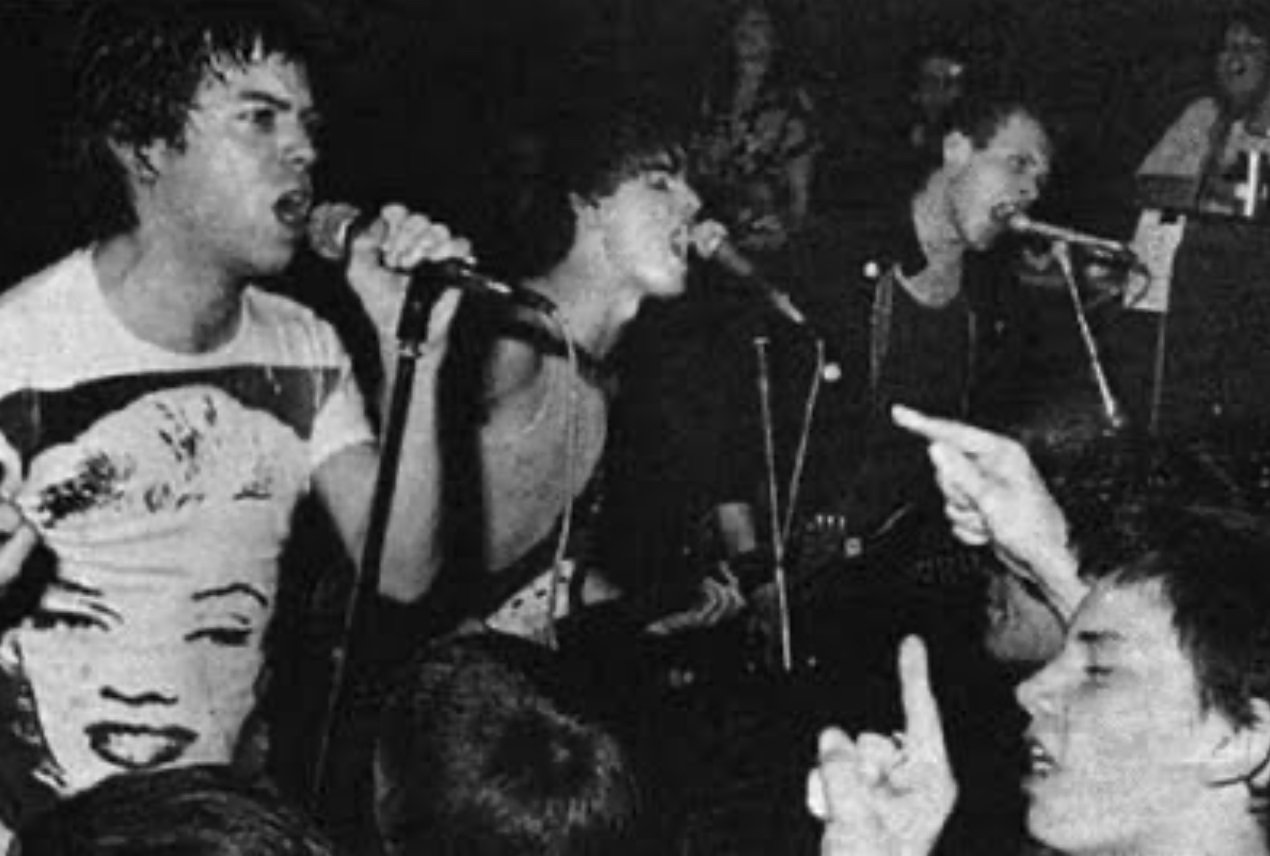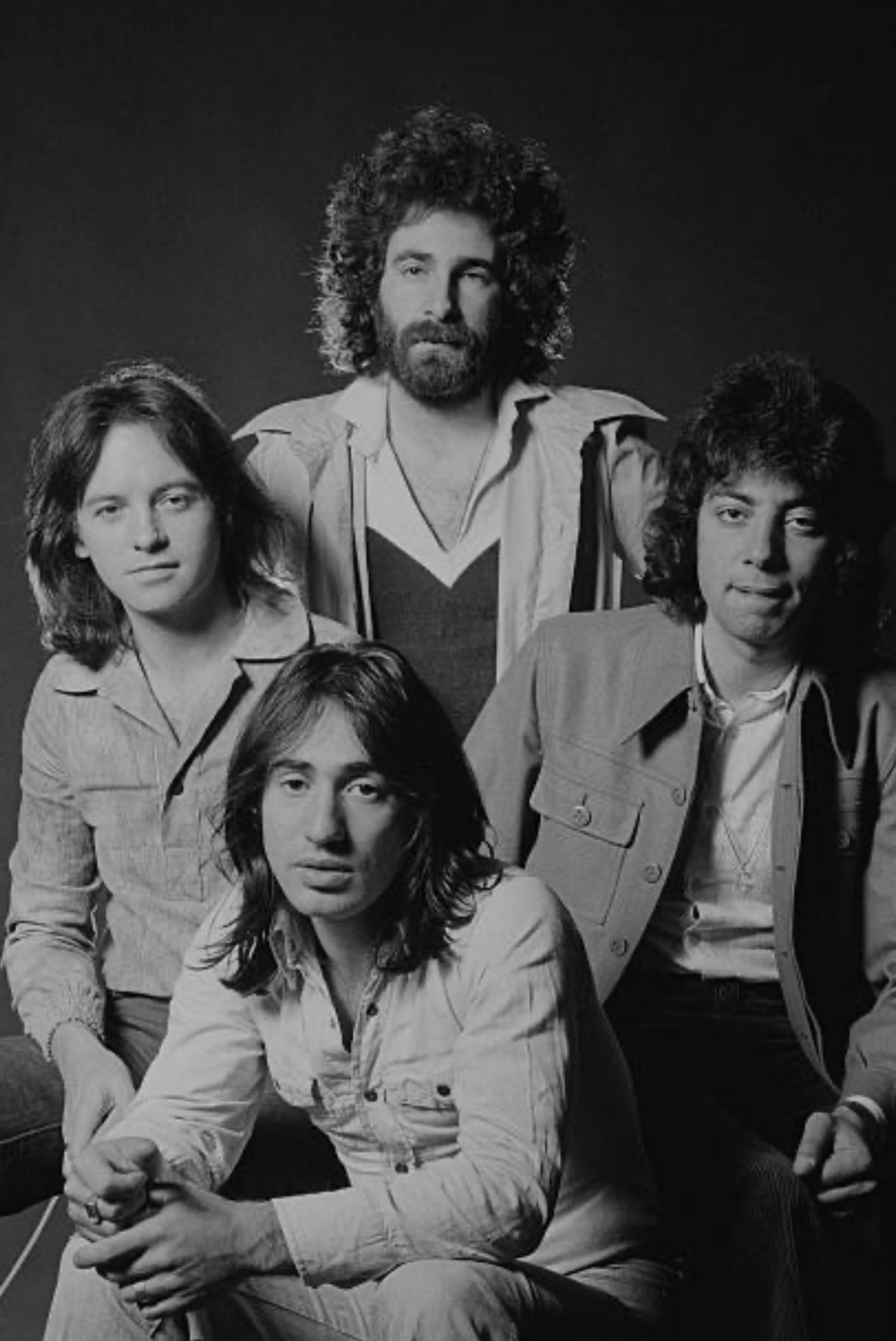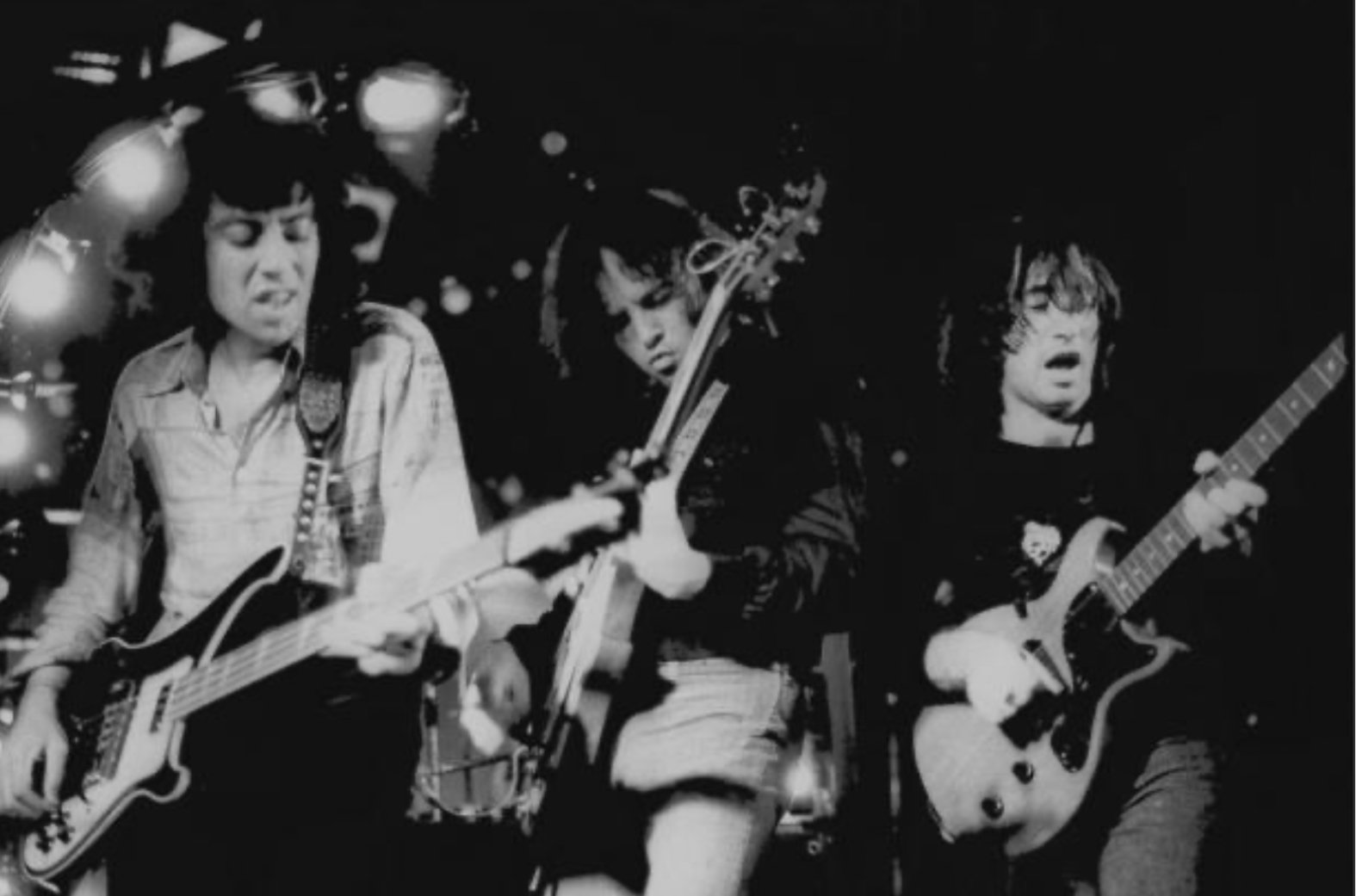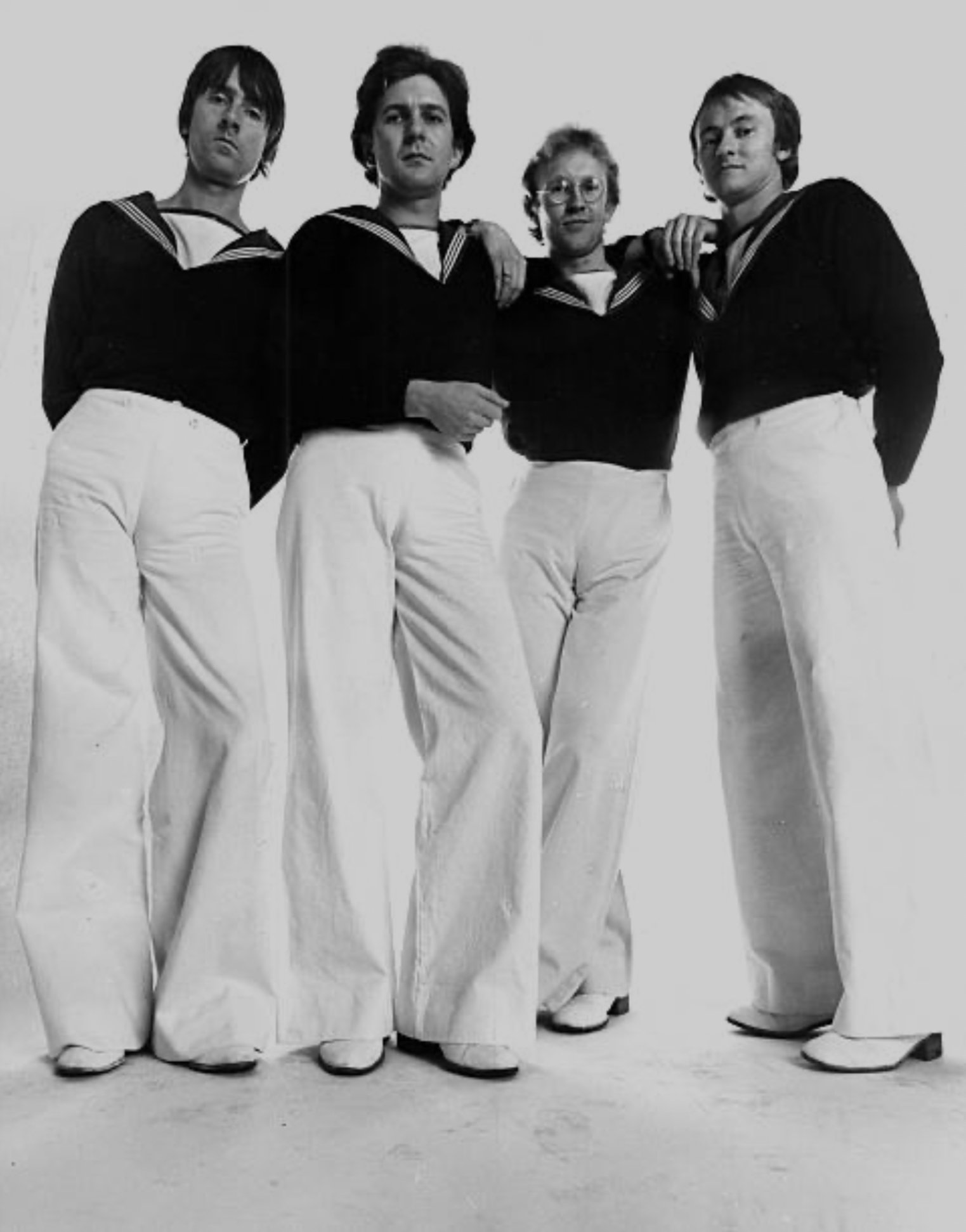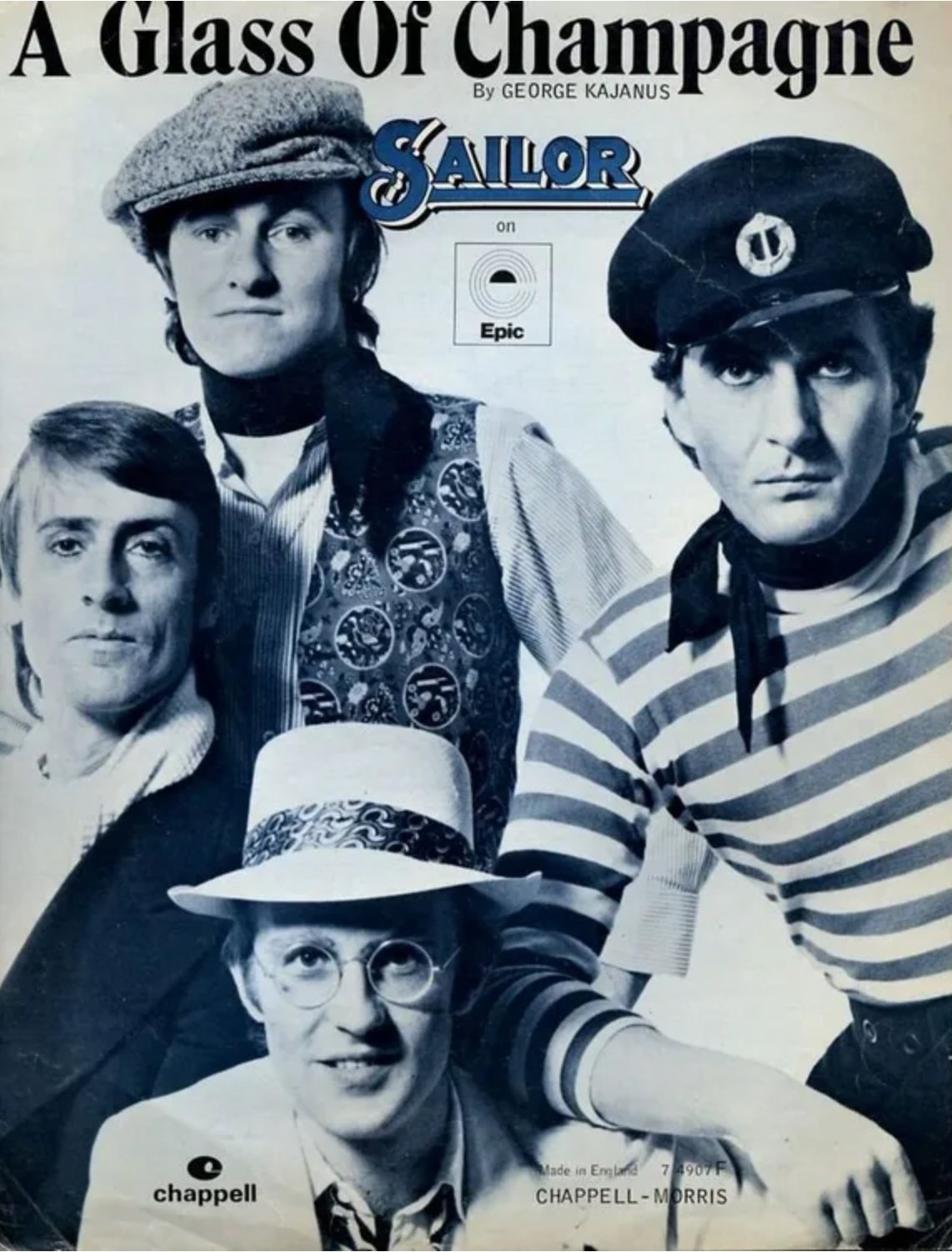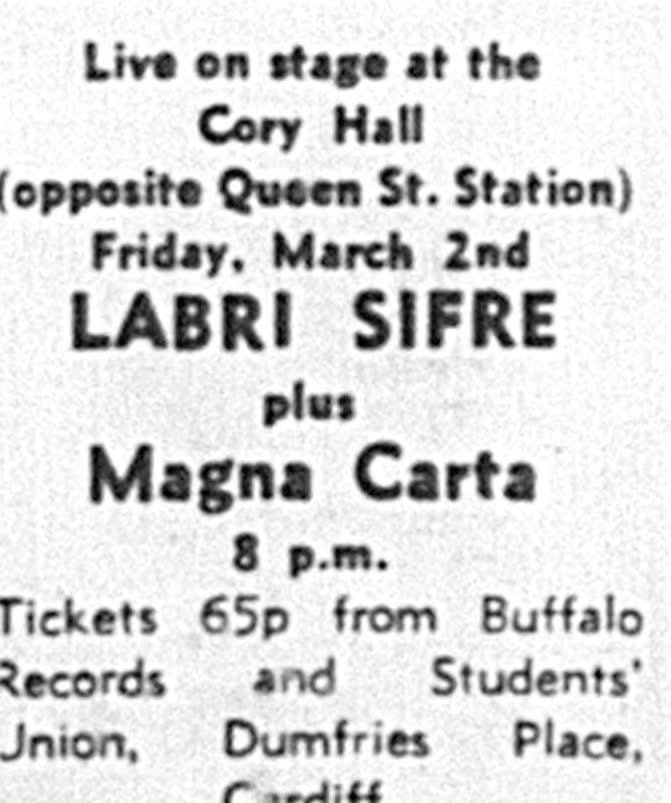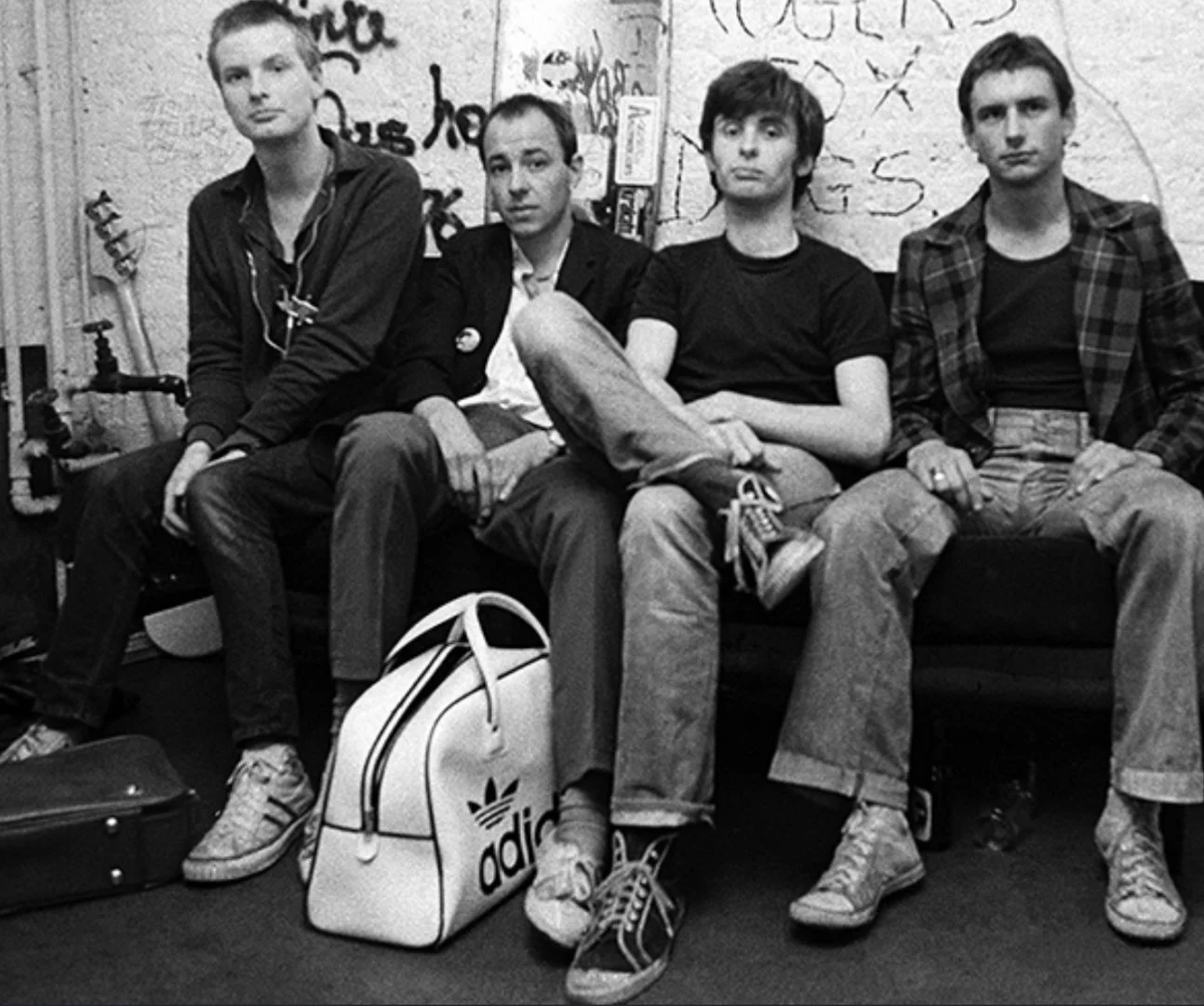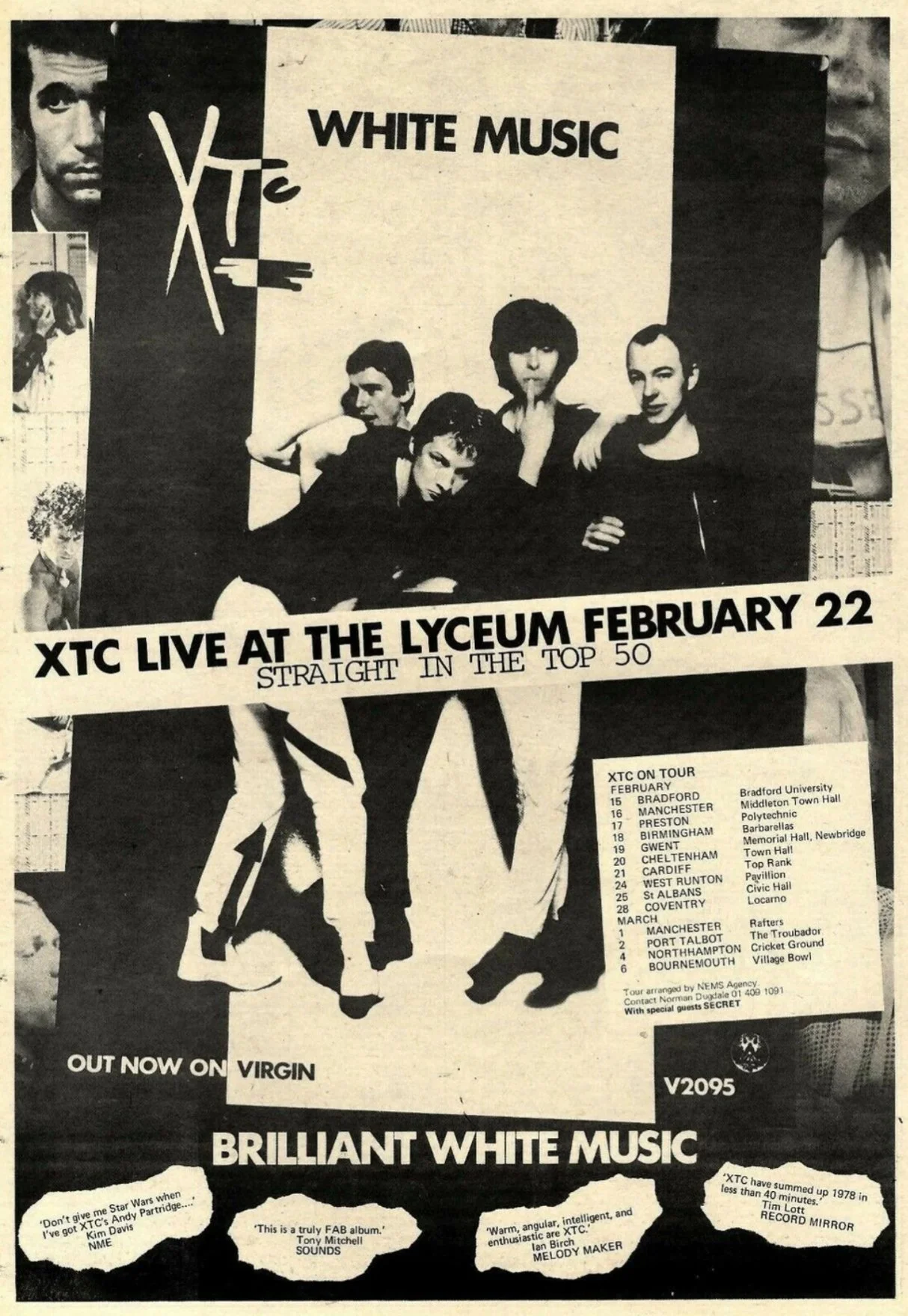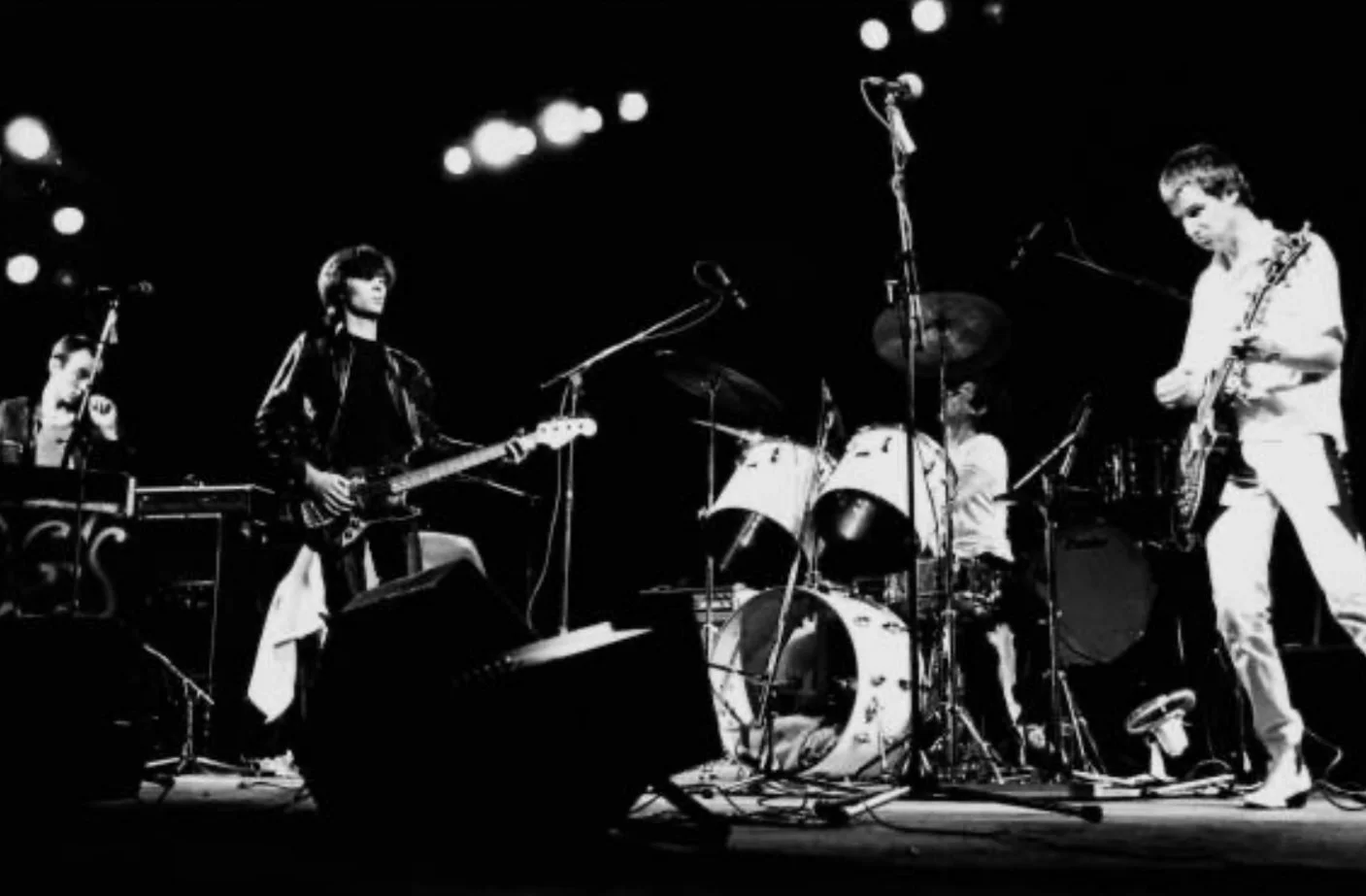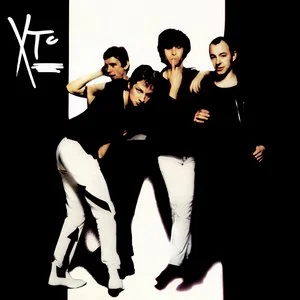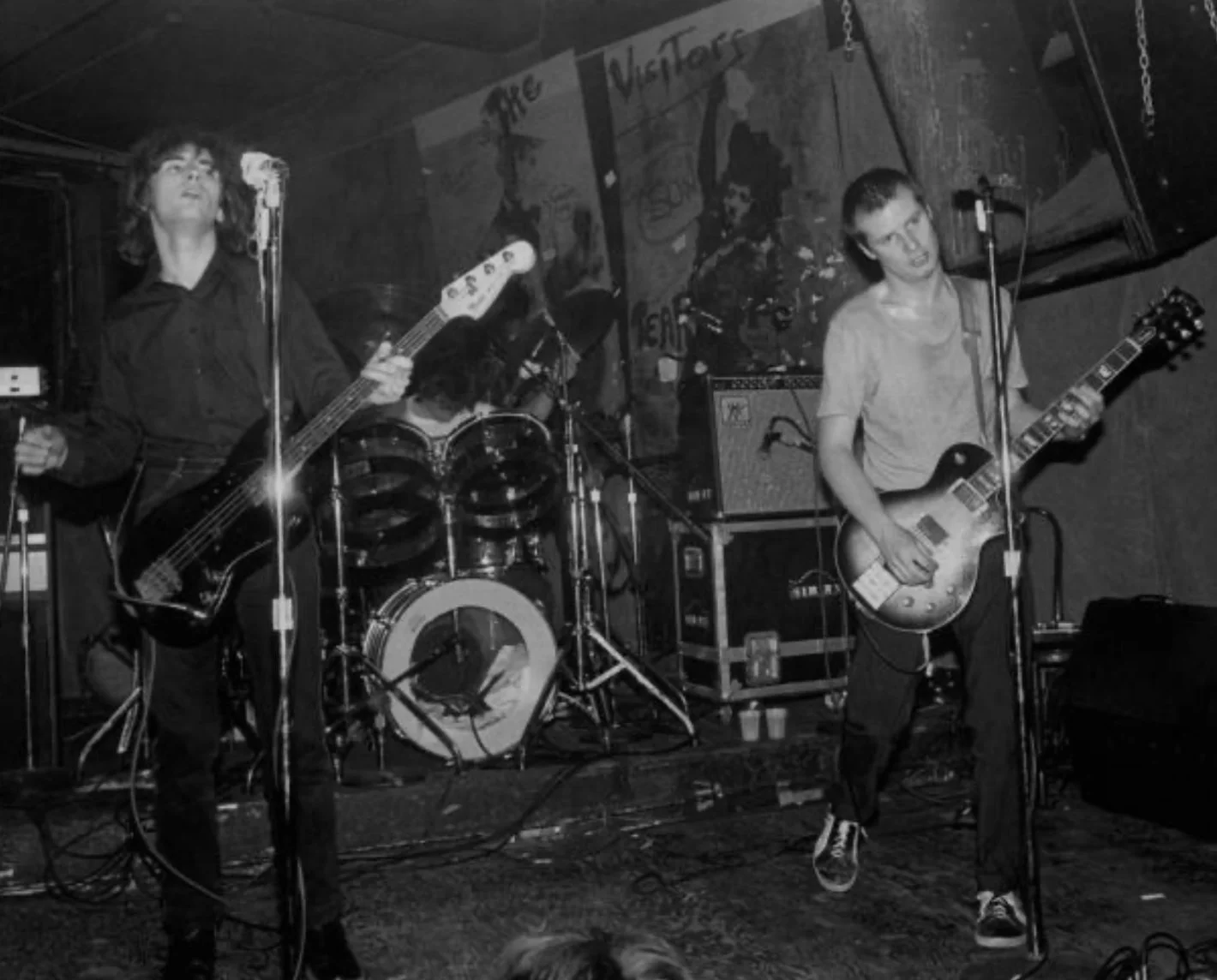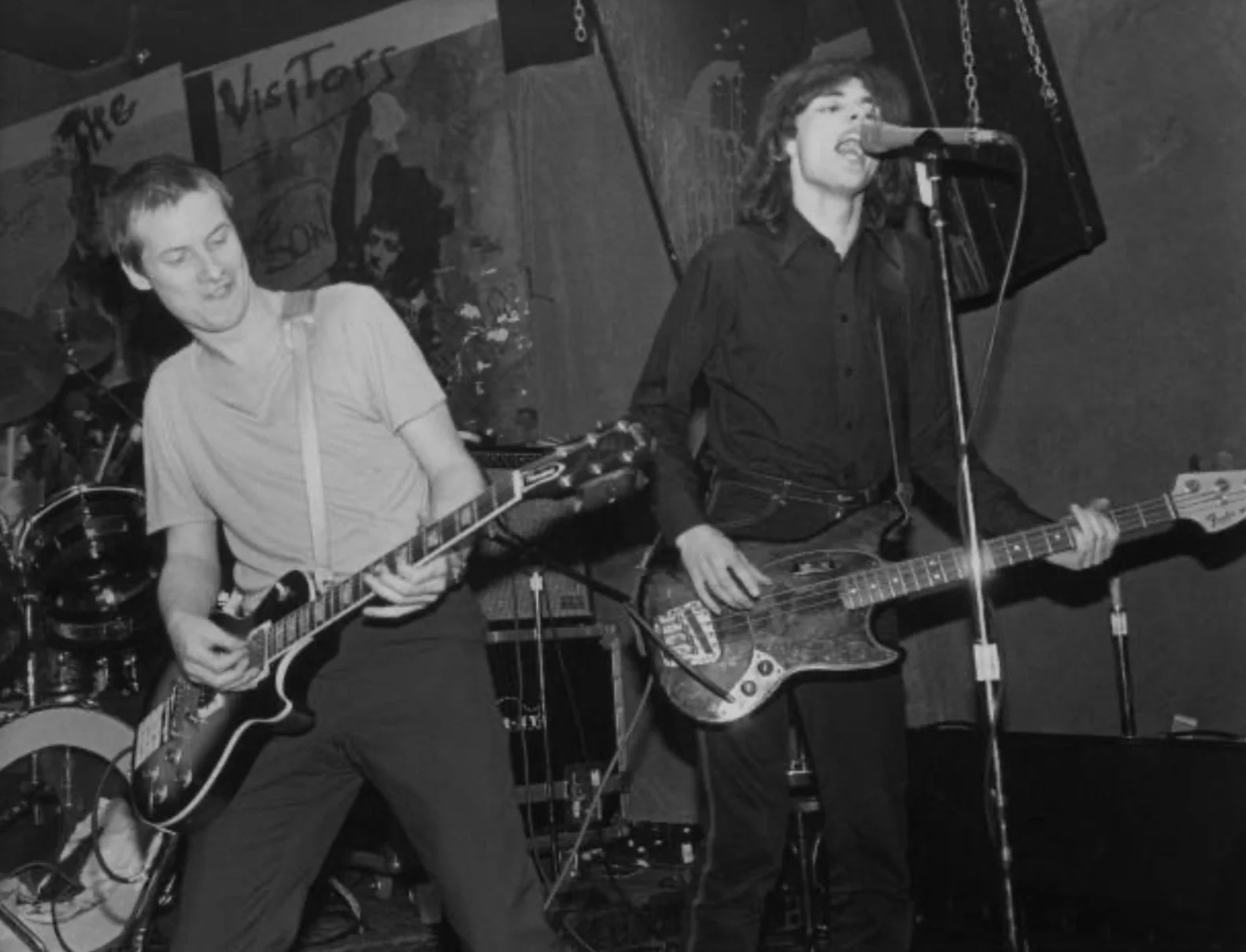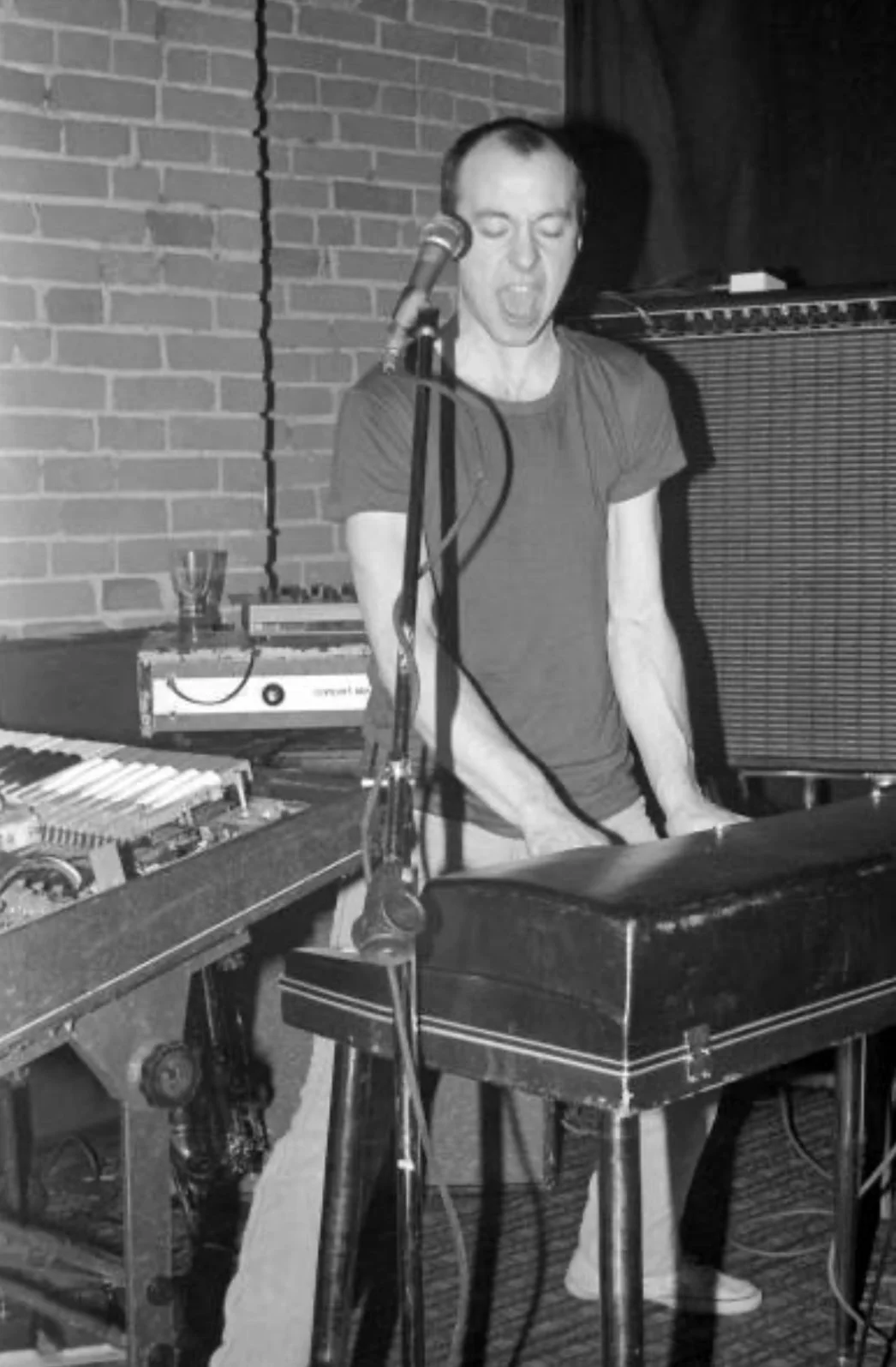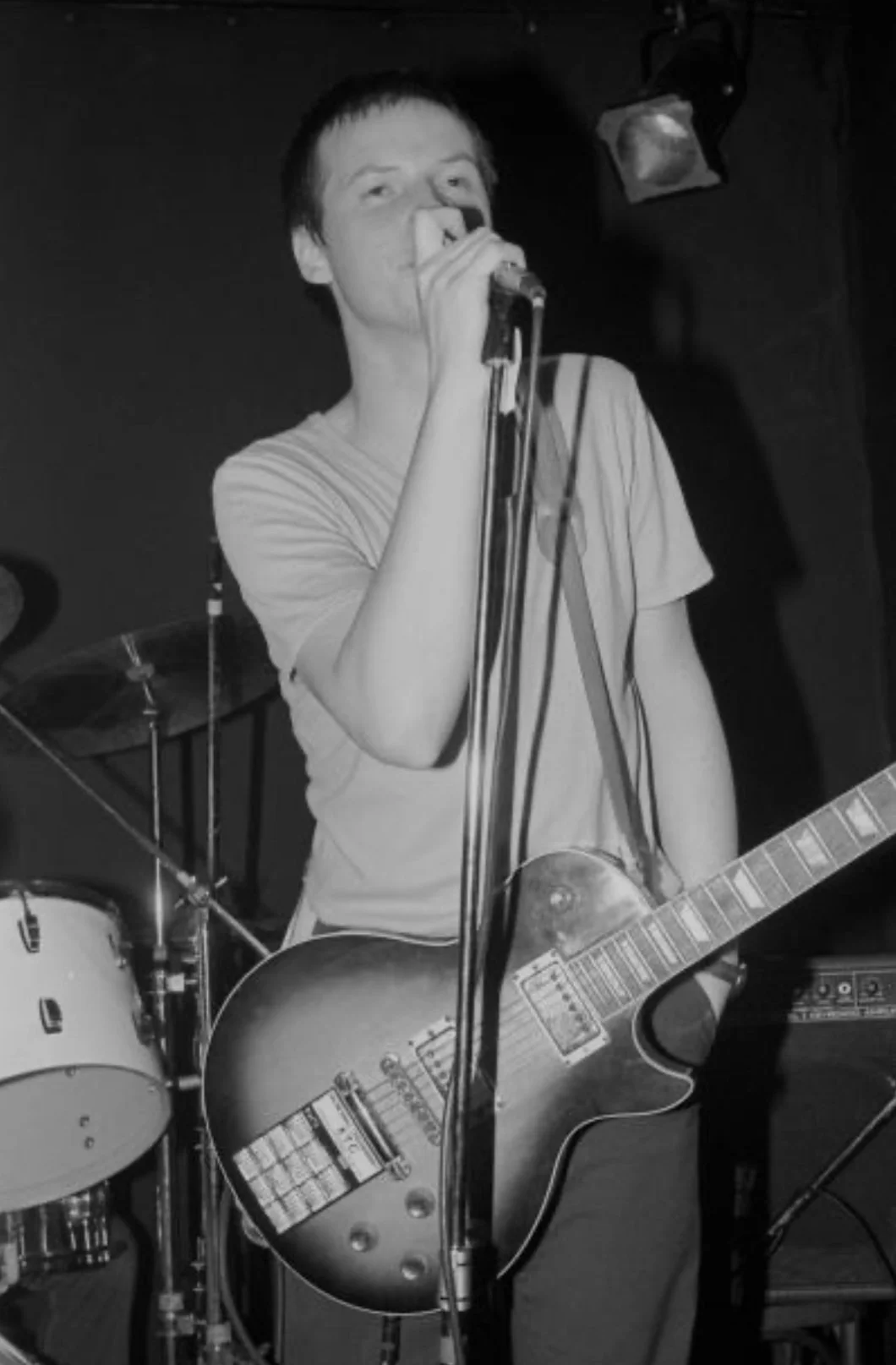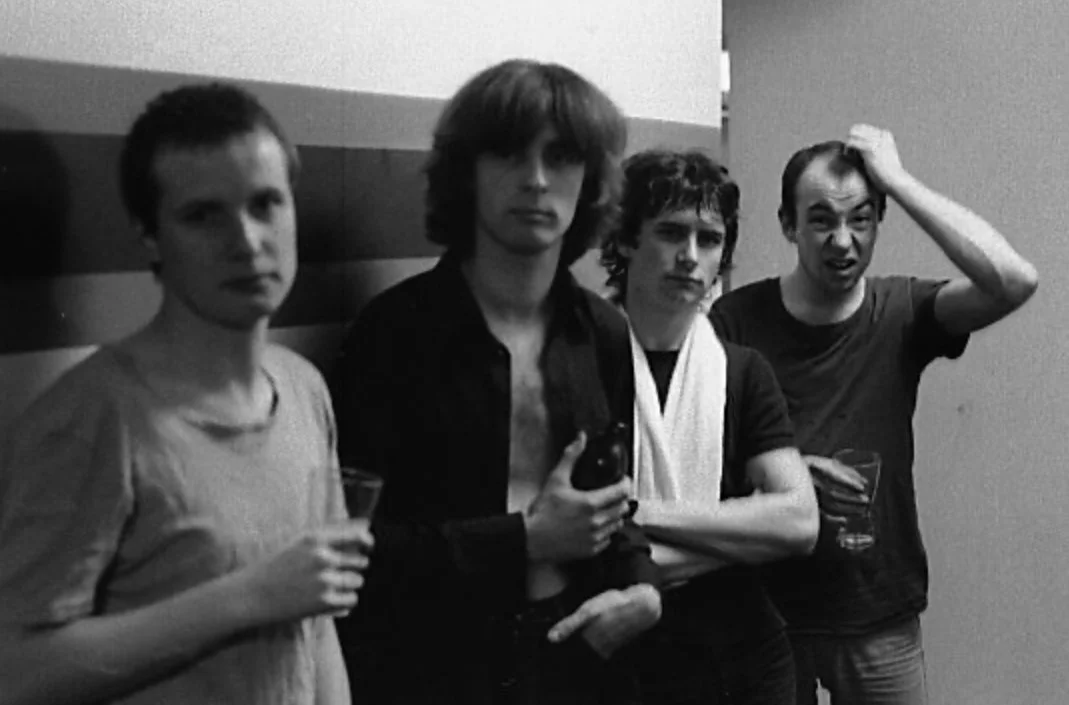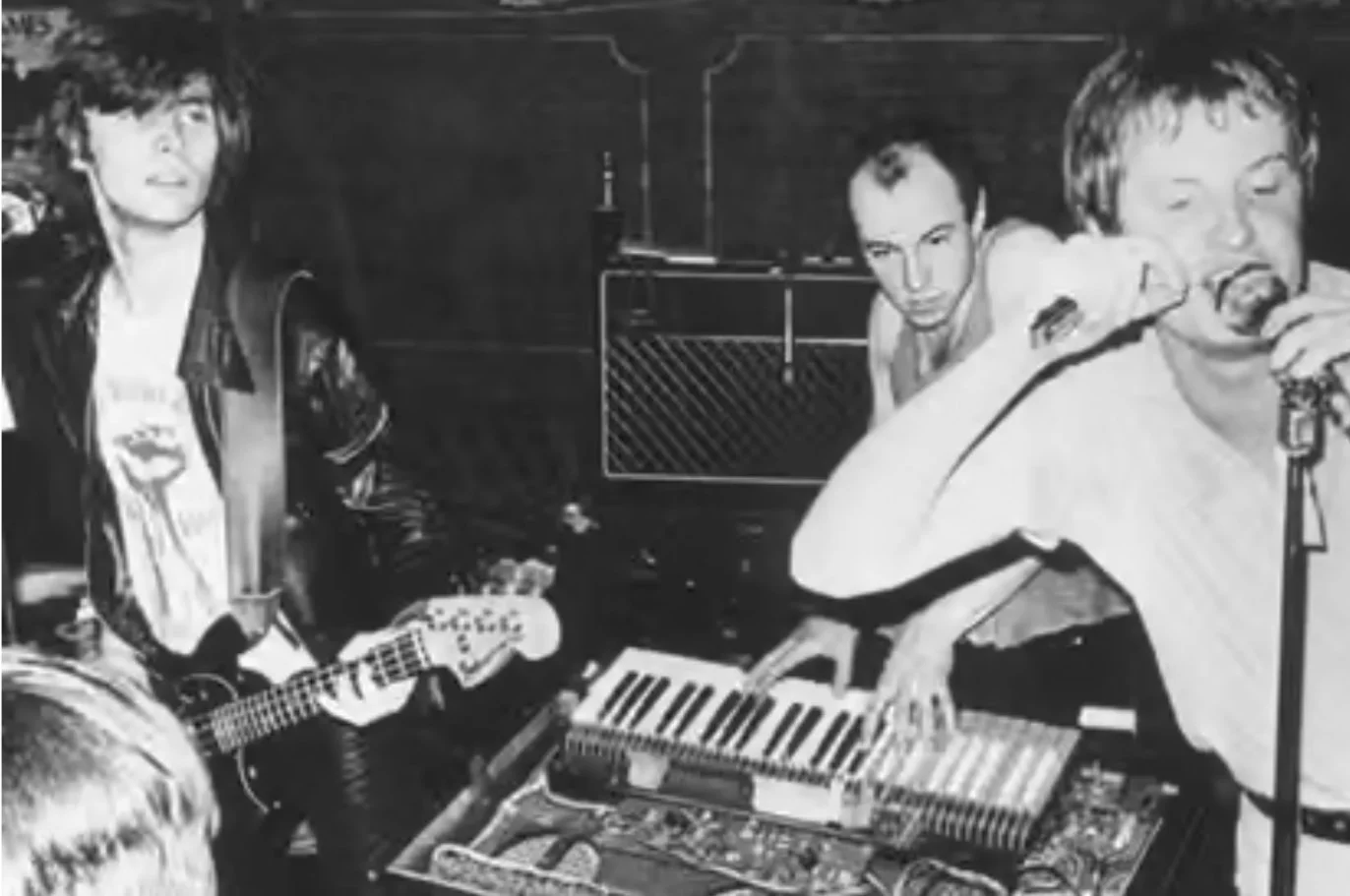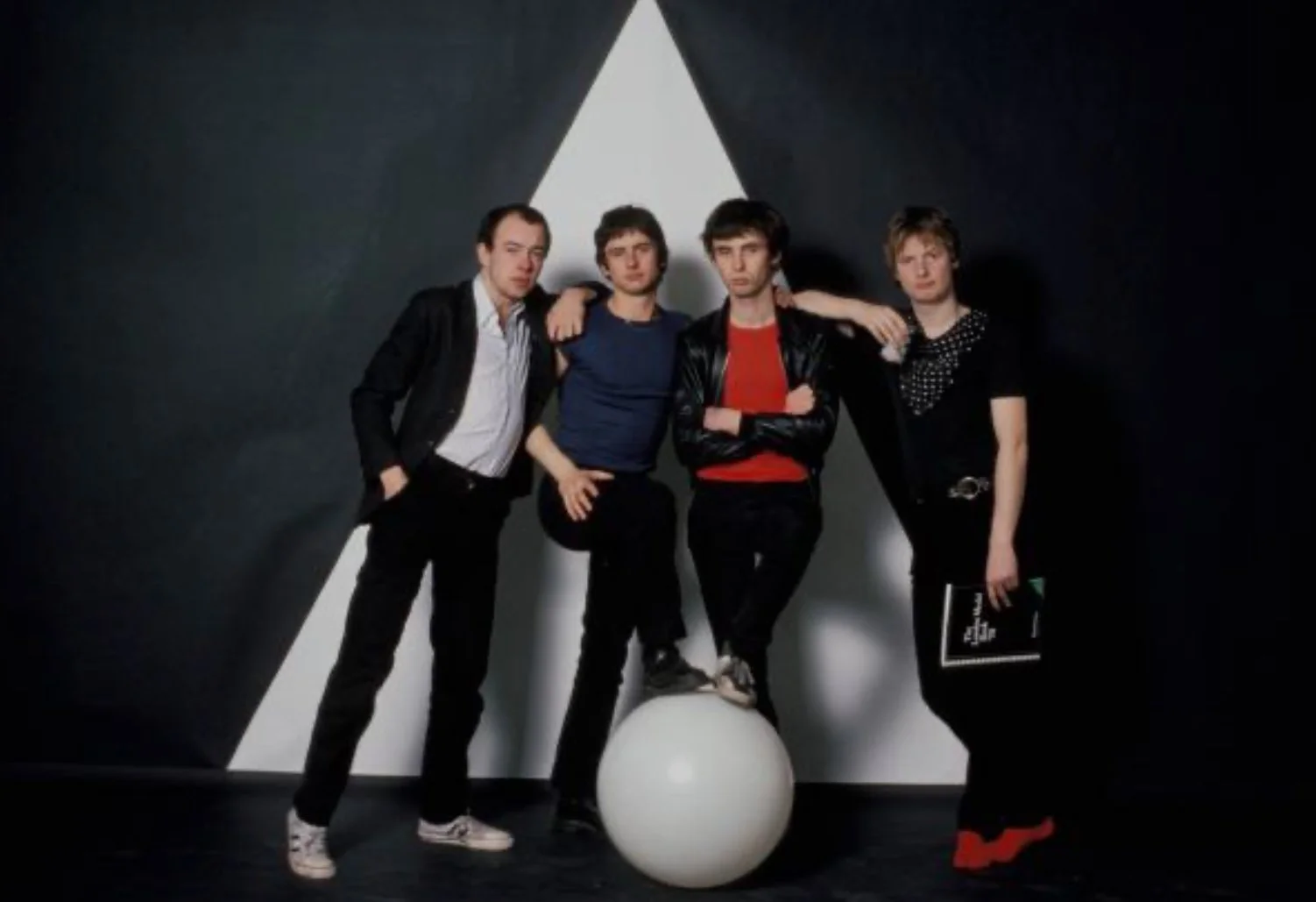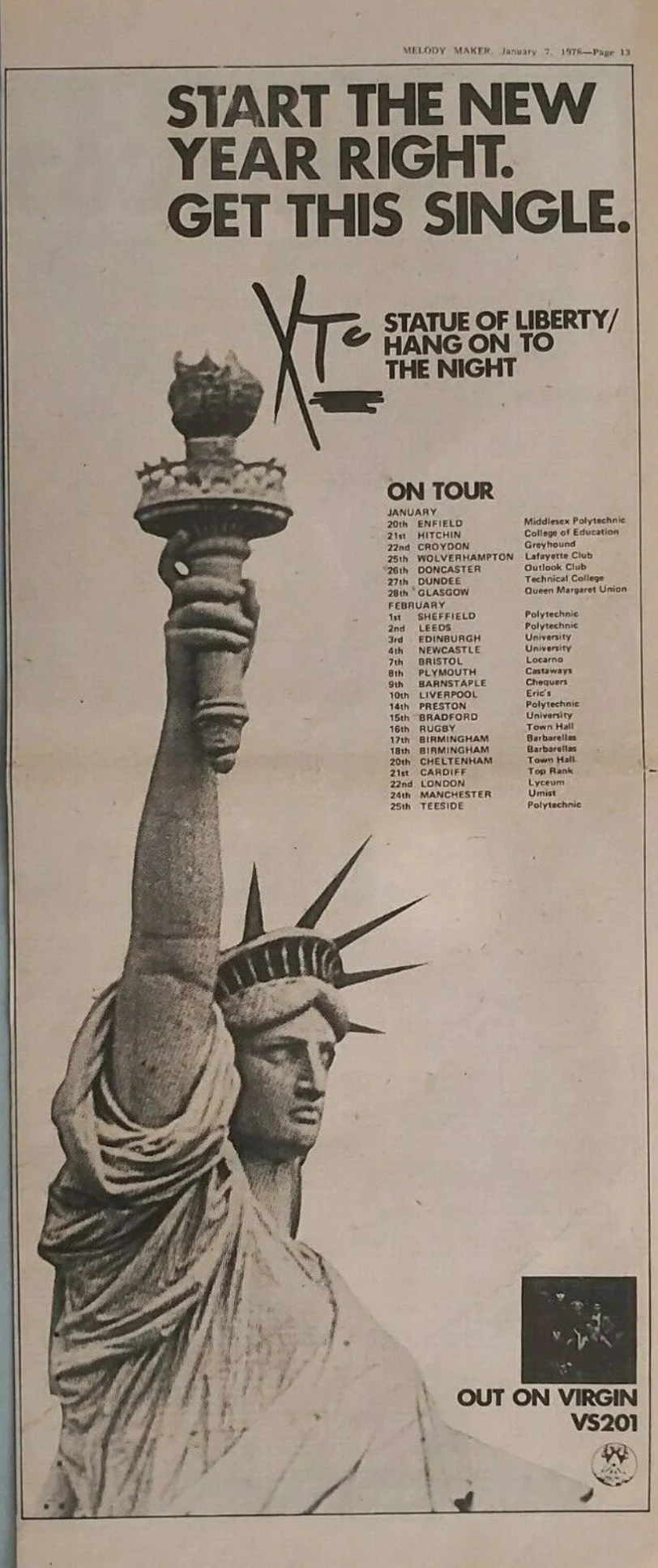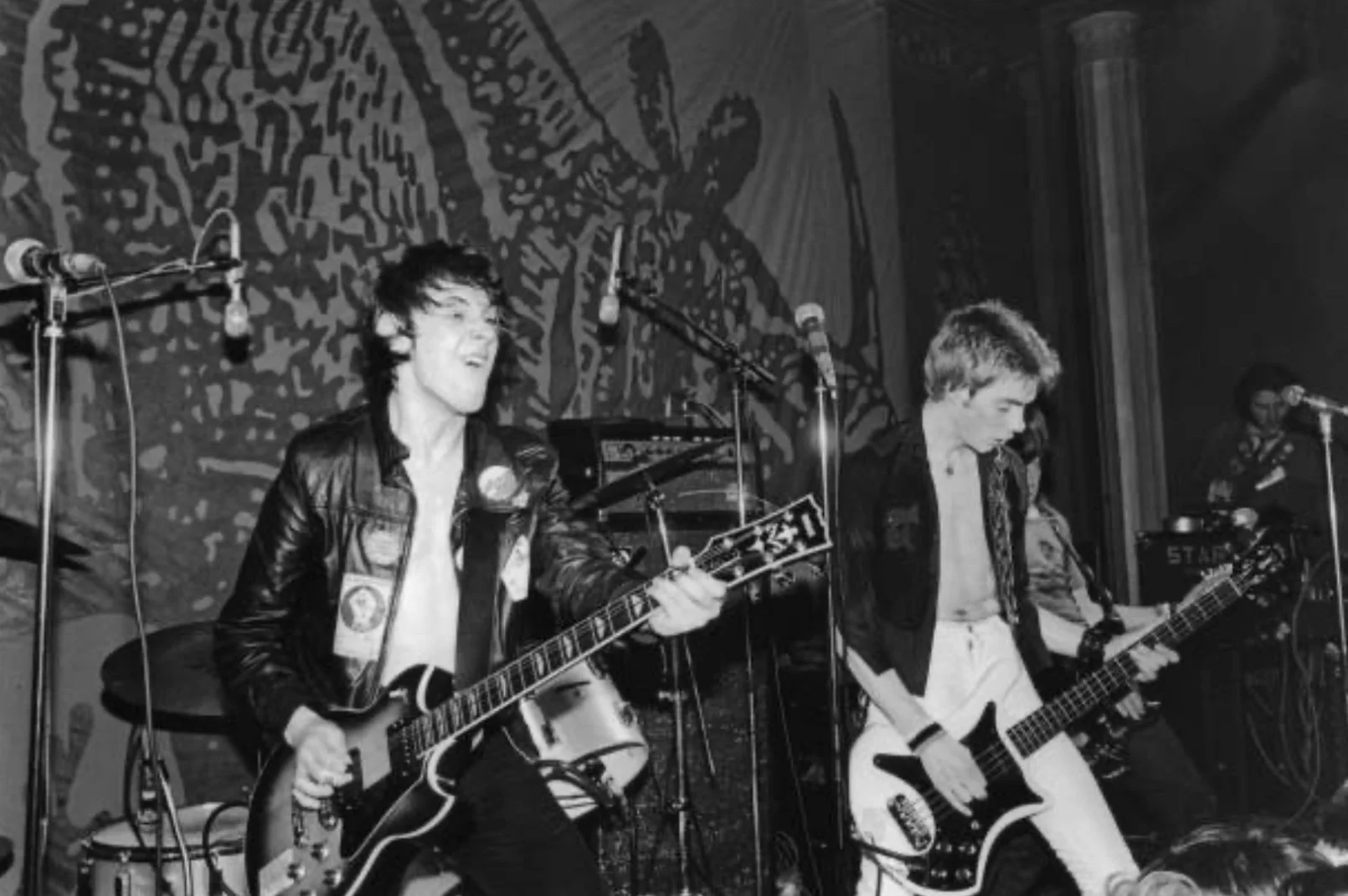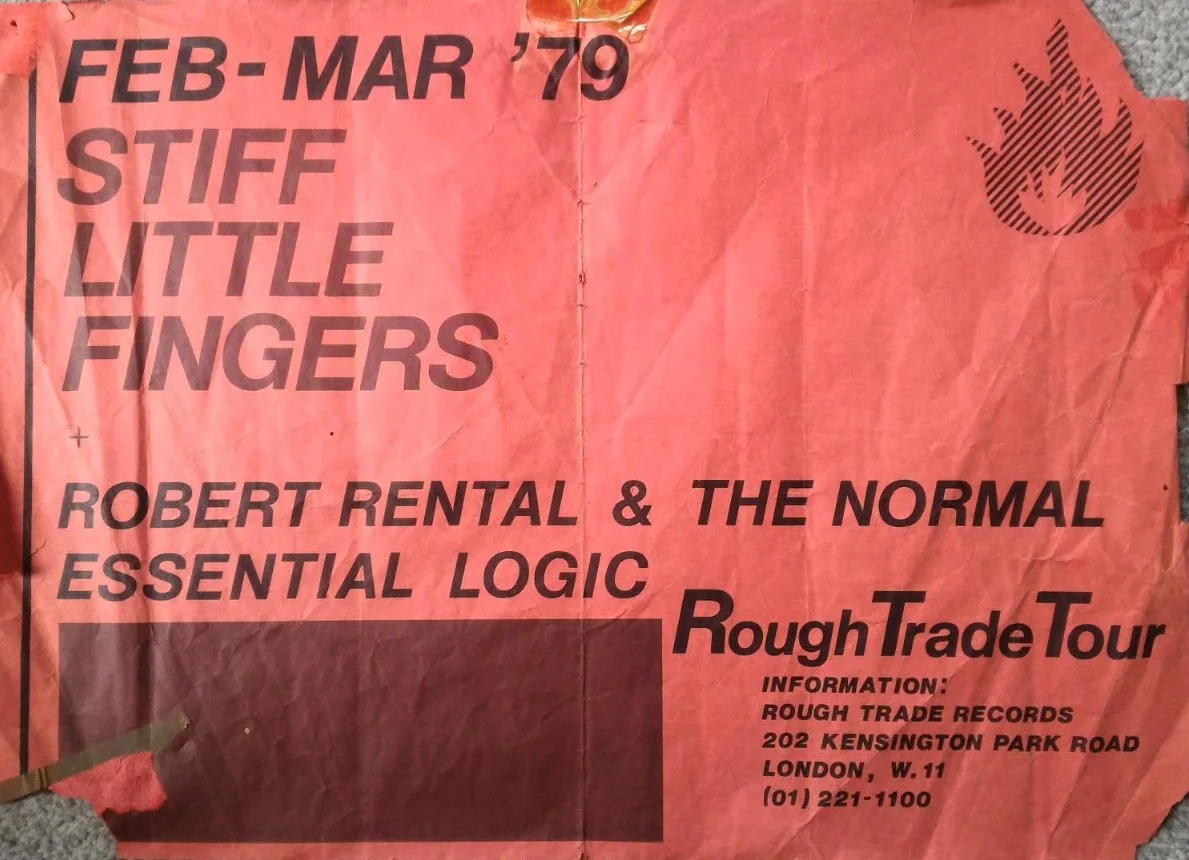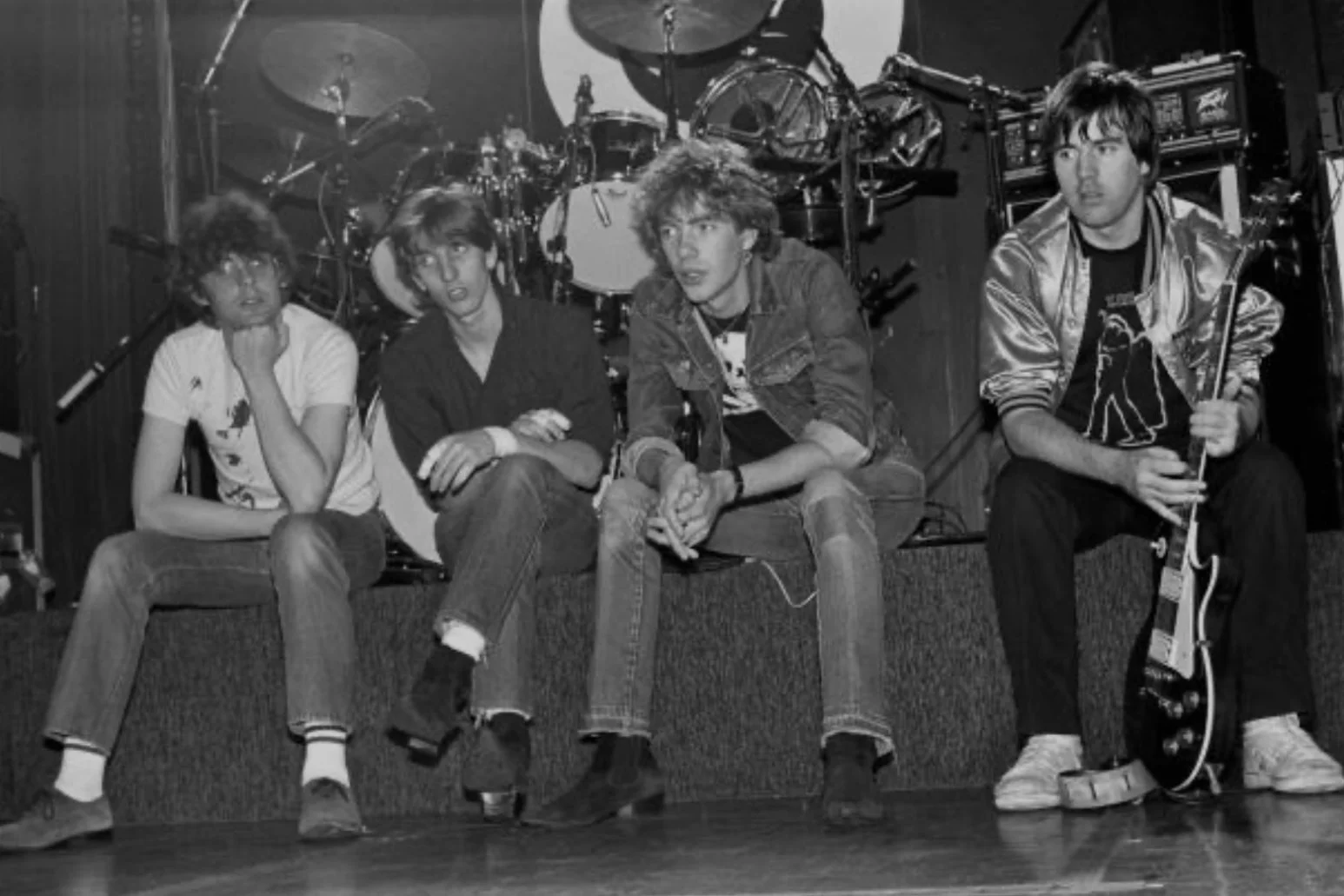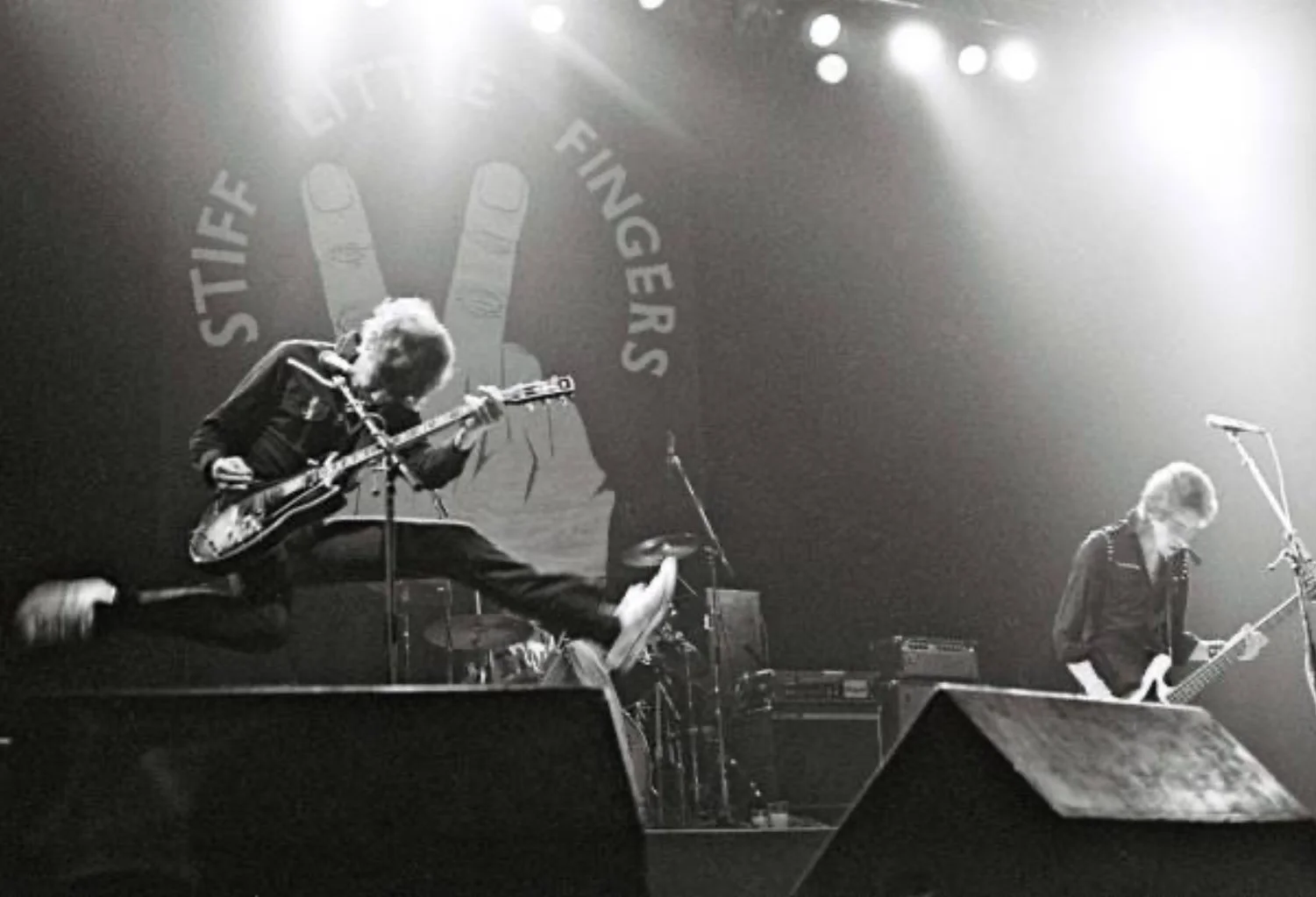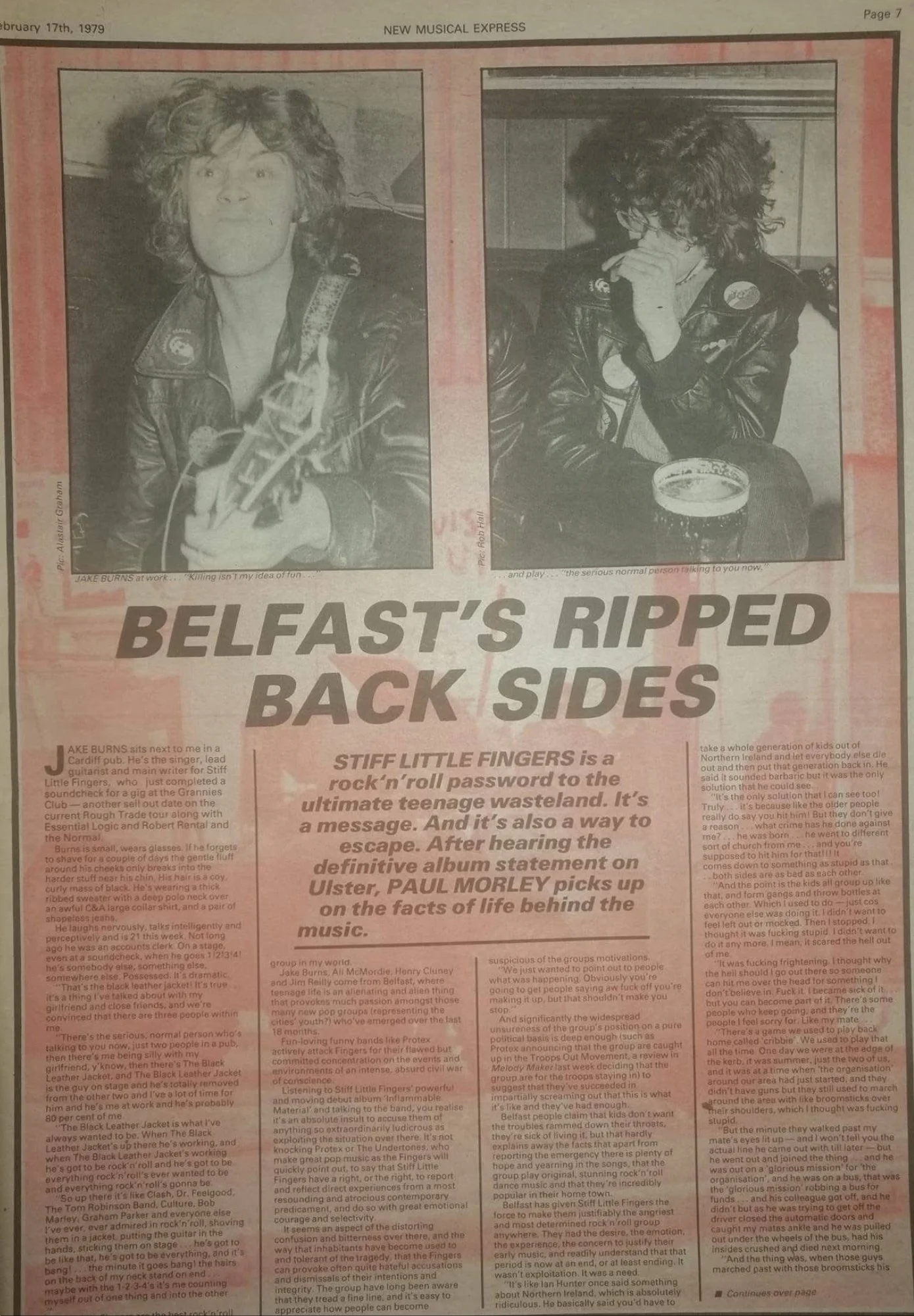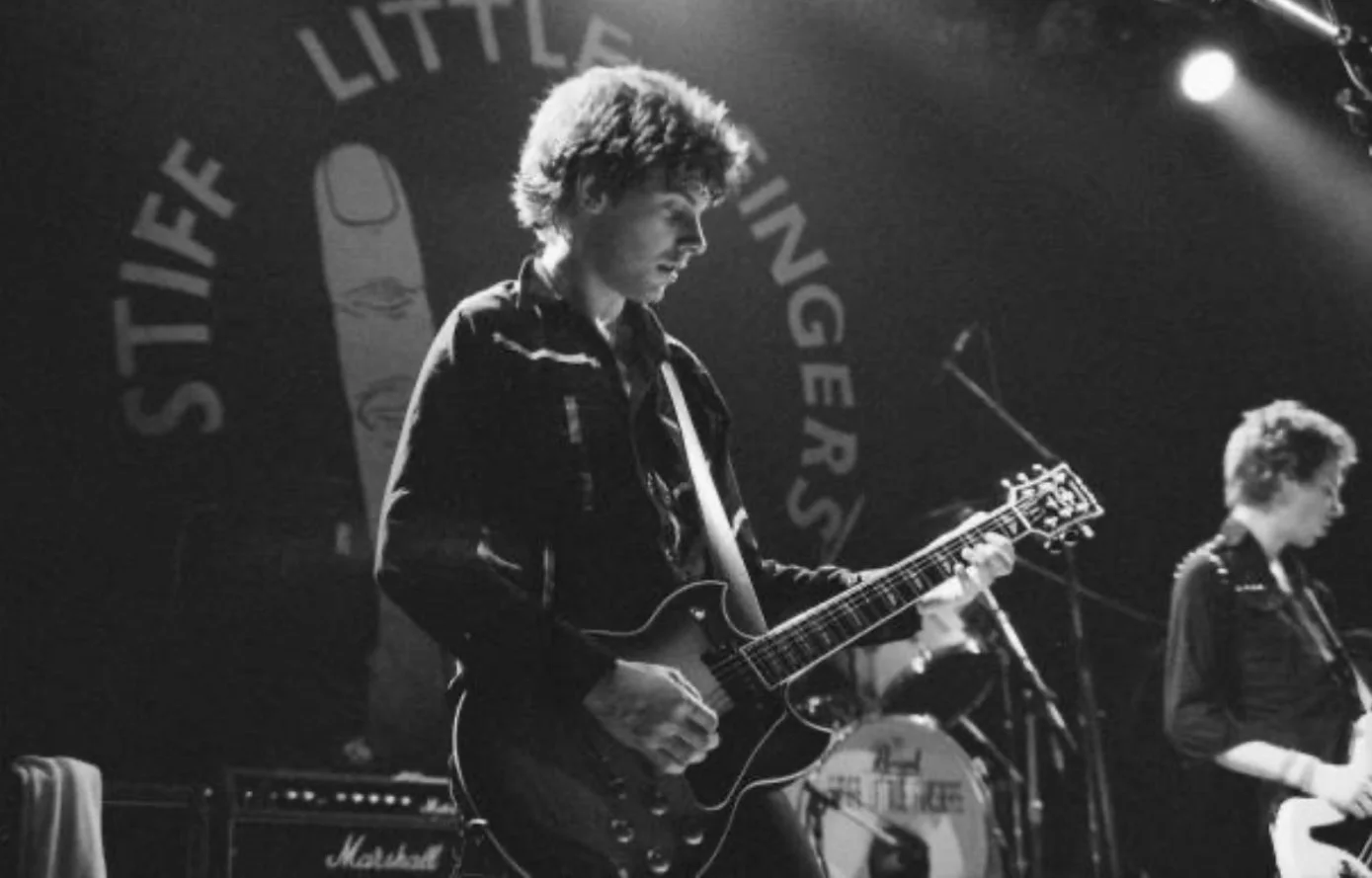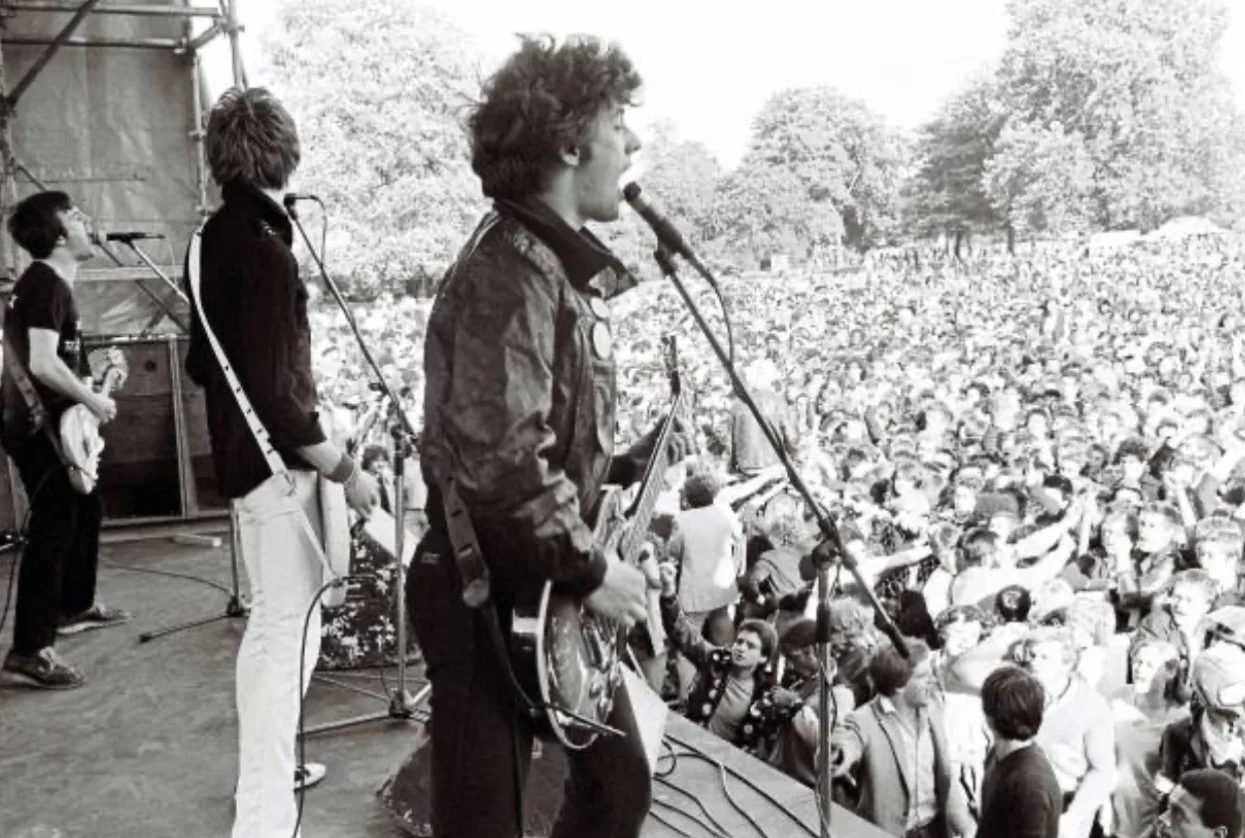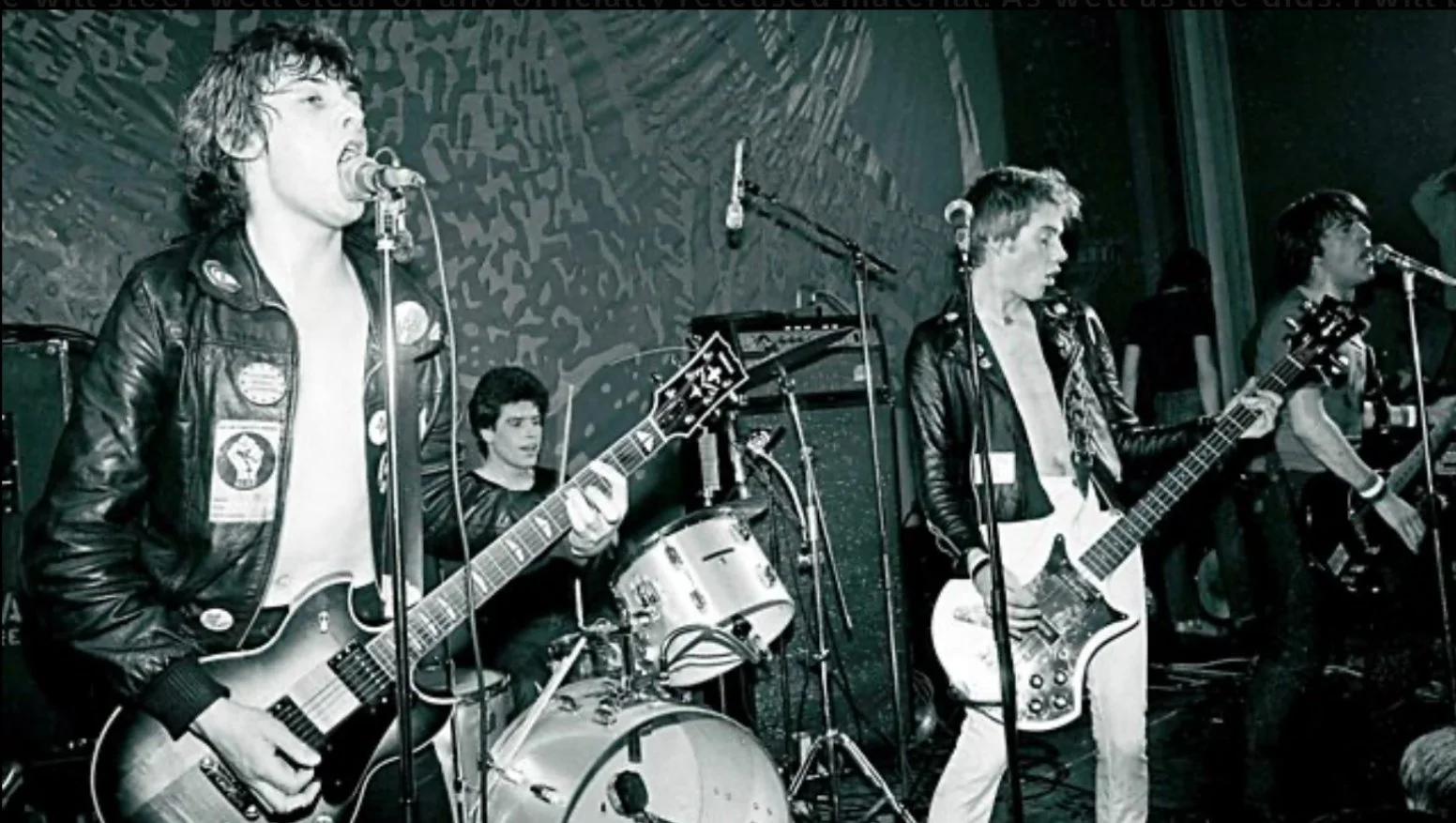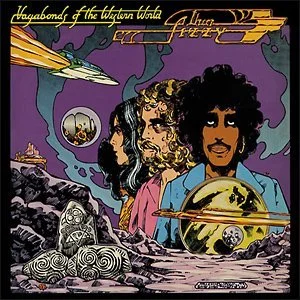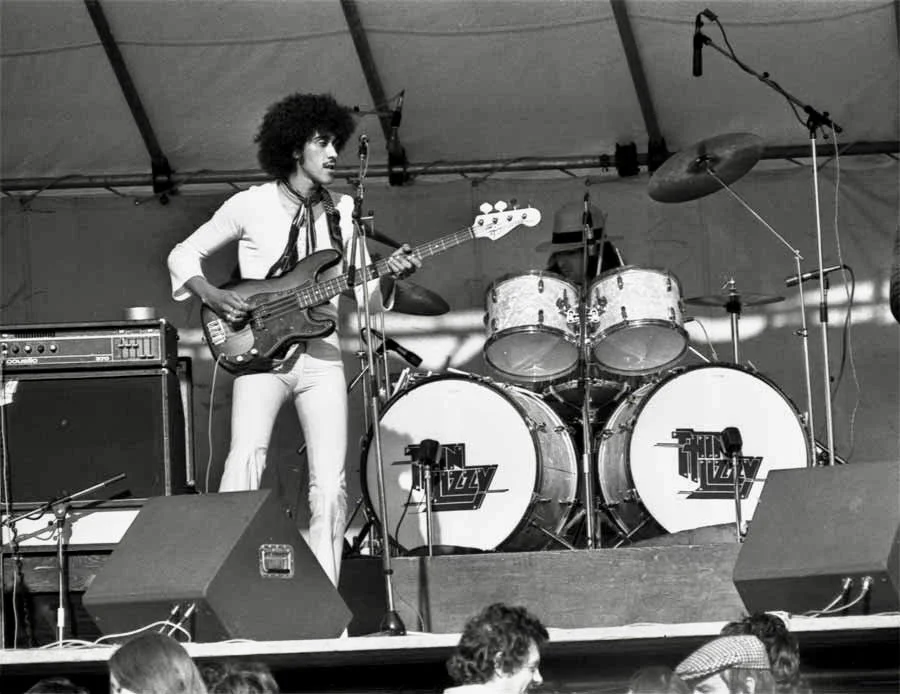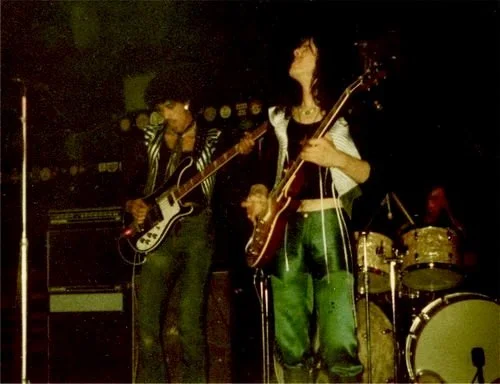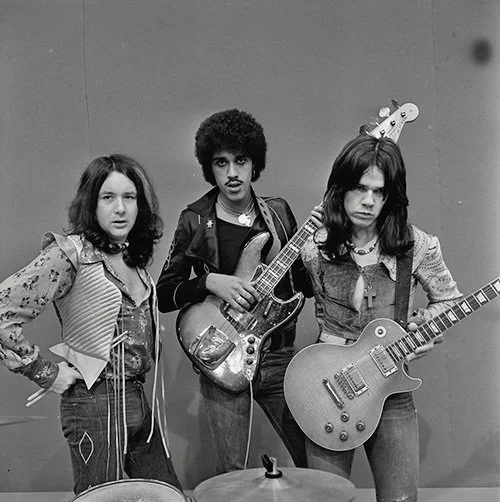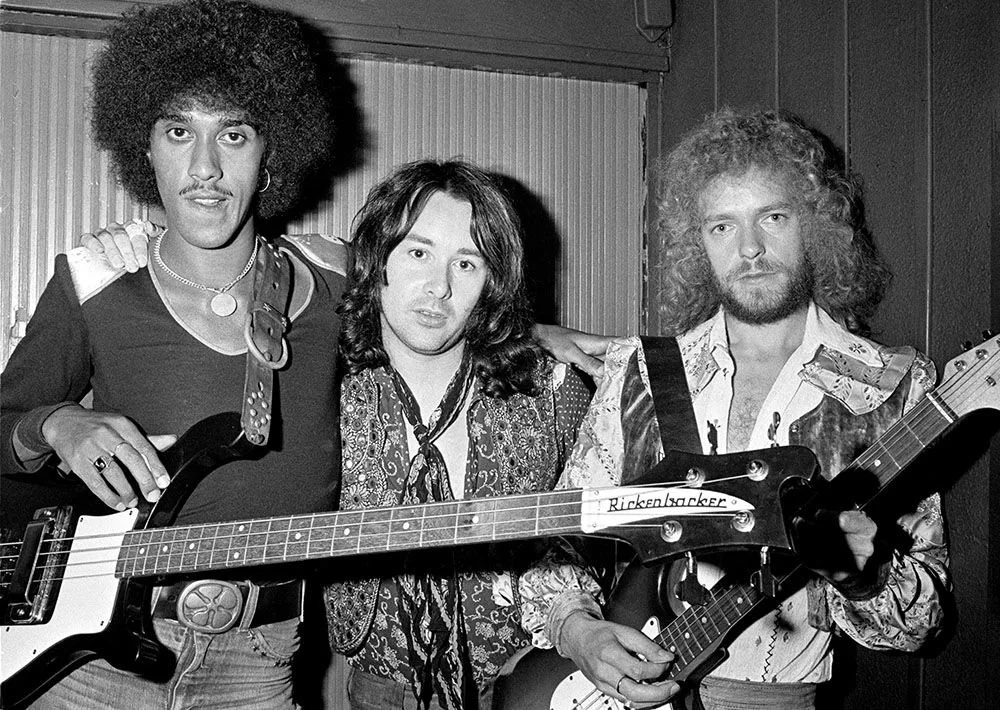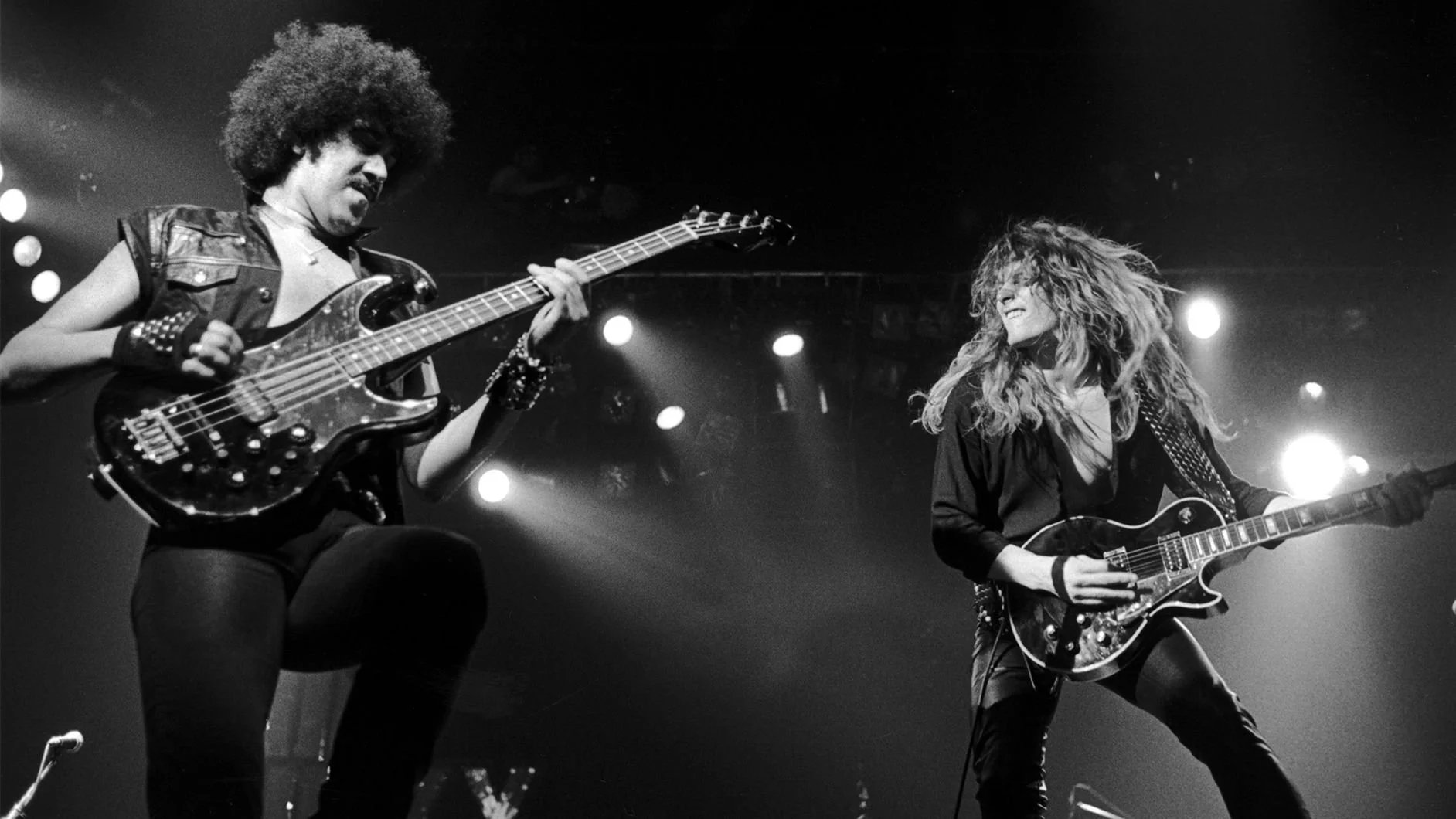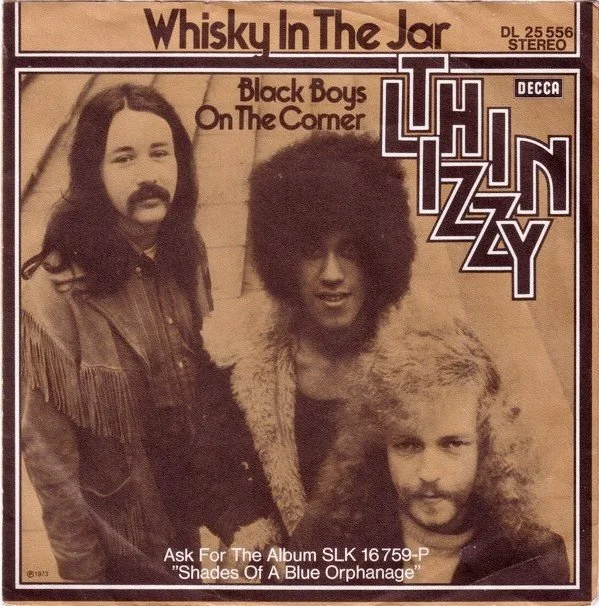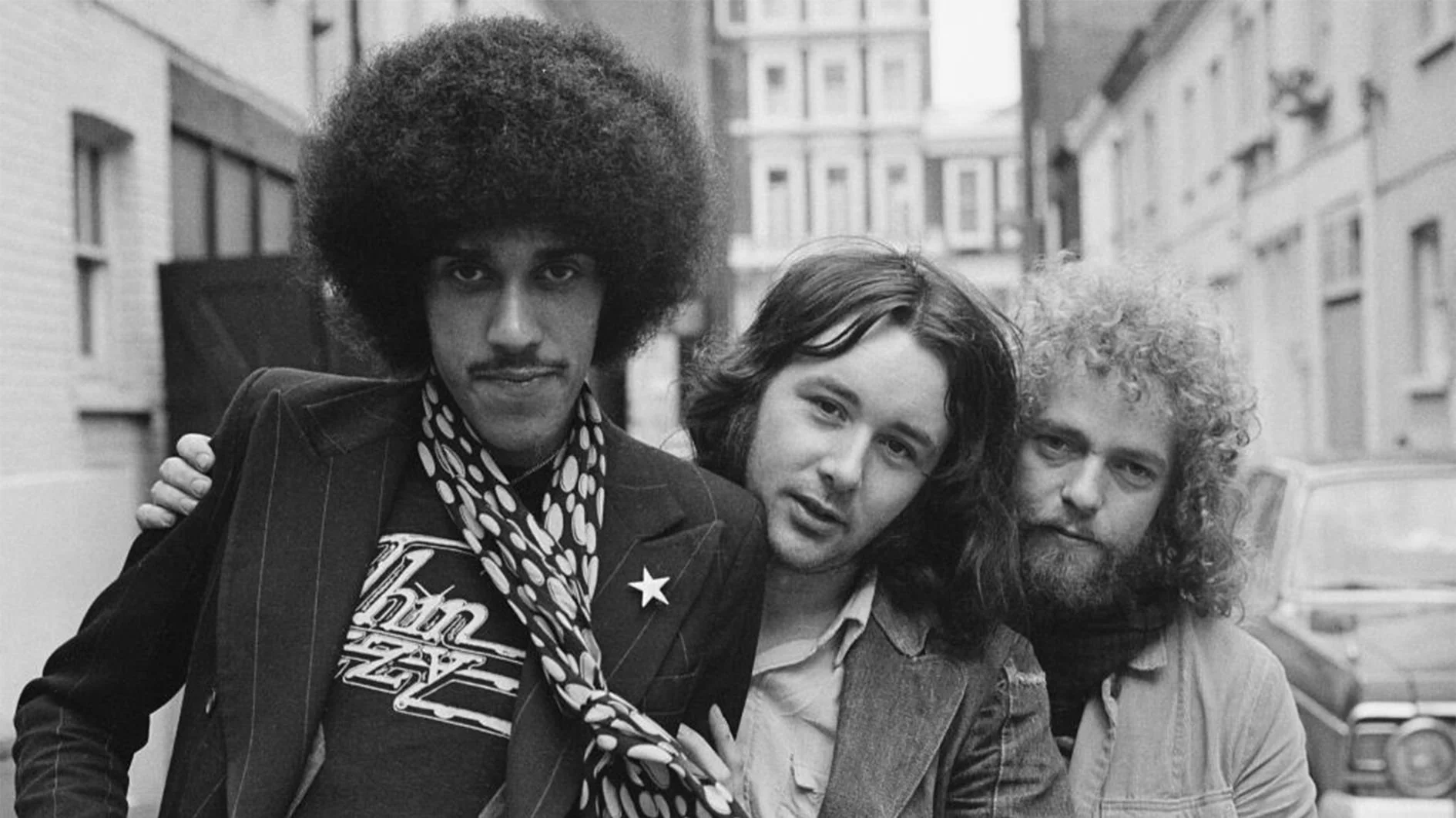On this day, 13 April 1976, heavy metal rock band Judas Priest played Cardiff’s Top Rank on their Sad Wings Of Destiny tour.
Formed in Birmingham in 1969. They have sold over 50 million copies of their albums, and are frequently ranked as one of the greatest metal bands of all time.
Despite an innovative and pioneering body of work in the latter half of the 1970s, the band had struggled with indifferent record production and a lack of major commercial success until 1980, when they rose to commercial success with the album British Steel.
In March 1976, the band released their second studio album Sad Wings Of Destiny, recorded at Rockfield Studios, Monmouth, S. Wales.
It is considered the album on which Judas Priest consolidated their sound and image, and songs from it such as "Victim of Changes" and "The Ripper" have since become live standards. It was the band's only album to feature drummer Alan Moore.
Noted for its riff-driven sound and the wide range of Rob Halford's vocals, the album displays a wide variety of styles, moods and textures, inspired by an array of groups such as Queen, Led Zeppelin, Deep Purple and Black Sabbath


